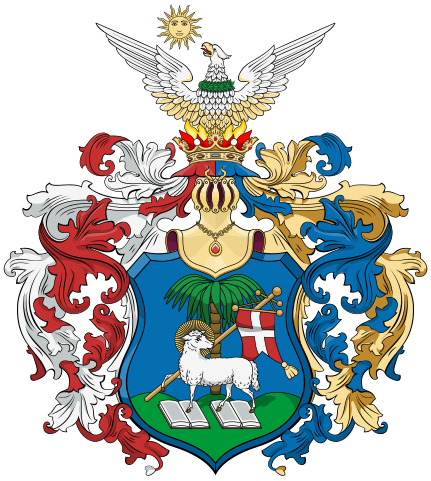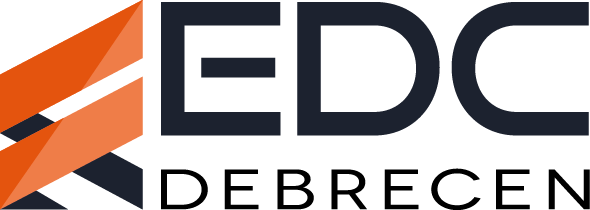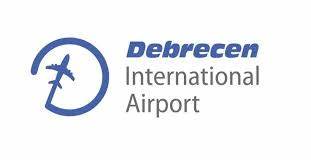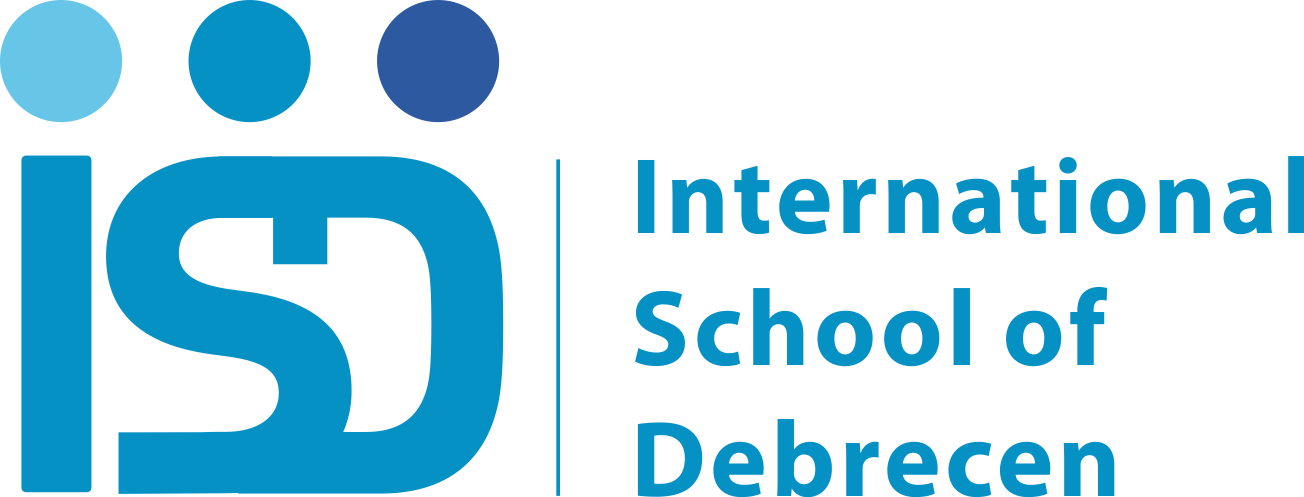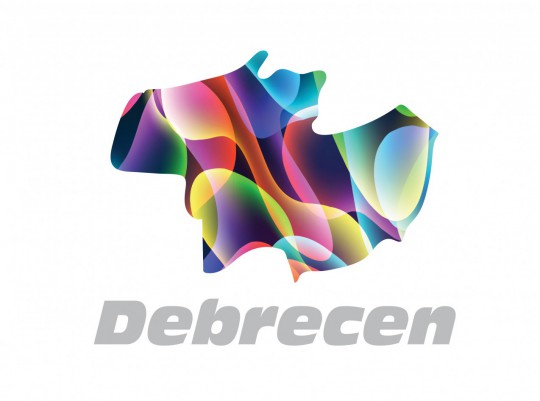We Provide Awesome City Services for You
We at Debrecen4U, the Debrecen Expat Office, provide free advice and guidance on matters affecting everyday life in Debrecen, including the following information:
Higher education
Higher education institutions include colleges and universities. Universities offer Bachelor’s (3 years) and Master’s degrees (2 years), as well as doctoral programs (3-4 years).
1.University of Debrecen
In Hungary, higher educational institutions (universities and colleges) offer a variety of tertiary programmes, including higher vocational education, Bachelor and Master or unified training programmes, as well as doctoral programmes. Higher education programmes are either offered as full-time or part-time (evening or correspondence) courses or as distance education.
The University of Debrecen (Debreceni Egyetem) offers the widest range of studies in Hungary and is the oldest continuously operating institution of higher education in the country (since 1538).
The university is one of the biggest universities in Hungary, with a total number of over 28,000 students and also has one of the largest numbers of international students, whose number currently reaches 6,300. The majority of students come from Asia and the Middle East, but there is also a significant number of students coming from European (including Hungary’s neighbouring countries, as well as Germany, Sweden and Norway) and African countries (including Egypt, Nigeria and Morocco). Most of these students are enrolled in the university’s well-established programme in the English language, particularly in the Medical field.
The university operates on five campuses in Debrecen, has two other campuses in nearby cities (one in Nyíregyháza and another one in Hajdúböszörmény) and operates an associated Basic Medicine campus in South Korea.
For more information, visit the university’s official website.
2.Debrecen Reformed Theological University
The Debrecen Reformed Theological University (Debreceni Református Hittudományi Egyetem) is one of the Hungarian centres for Protestant theological training, with a major role in training ministers for the Reformed Church of Hungary.
Besides notable scientists and science organizers, several poets, writers and philosophers well-known in Hungarian cultural history are found among the former students of the college. The university currently has two campuses, two institutes, seventeen departments and 800 students (also including a large number of international students) studying in its Bachelor, Master and Doctorate programmes.
For more information, visit the university’s official website.
3.Tuition fees
Most Hungarian schools and universities are public, and students traditionally study for free.
In higher education, this depends on the student’s academic performance.
If students are not admitted to a state-funded university or college, they can also attend a self-financed higher education course.
4.Canteen
School meals are optional and are provided for a fee.
Canteens (menza) usually offer various menu options, which provide a good selection for a balanced and healthy diet. Improving food quality and addressing nutrition has been an important policy implemented in most Hungarian schools. Buffets and vending machines are also generally to be found on the schools’ premises.
Special dietary requirements need to be stated on registration at the school.

